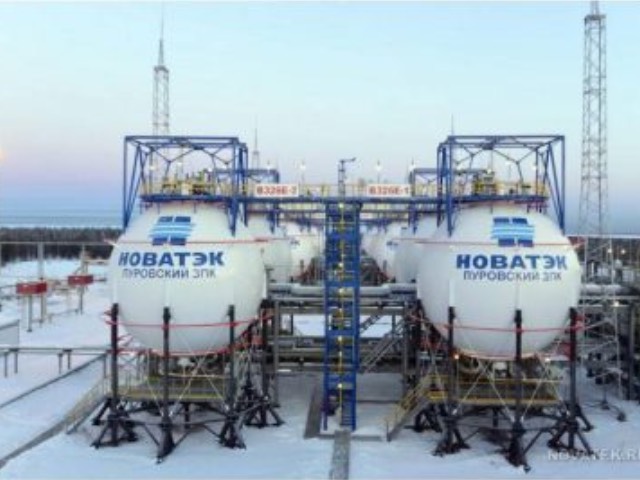NOVATEK announced that its joint venture OOO Arctic LNG 2 (“Arctic LNG 2” and/or the “Project”) concluded 20-year LNG Sales and Purchase Agreements (SPAs) for the total LNG production volumes with all the Project’s participants. The LNG sales from Arctic LNG 2’s first liquefaction train is planned to commence in 2023.
The SPAs provide for LNG supplies from Arctic LNG 2 on FOB Murmansk and FOB Kamchatka basis with pricing formulas linked to international oil and gas benchmarks. The LNG offtake volumes are set in proportion to the respective participants’ ownership stakes in the Project.
“The long-term offtake agreements between Arctic LNG 2 and its participants ensure the future revenue stream from LNG sales and de-risks the Project,” noted Leonid Mikhelson, NOVATEK’s Chairman of the Management Board. “This represents one of the most important milestones in attracting the Project’s external financing that will be completed in 2021”.
Note
Arctic LNG 2 envisages constructing three LNG liquefaction trains of 6.6 million tons per annum each, as well as cumulative gas condensate production capacity of 1.6 million tons per annum. The total LNG capacity of the three liquefaction trains will be 19.8 million tons. The Project utilizes an innovative construction concept using gravity-based structure (GBS) platforms to reduce overall capital cost and minimize the Project’s environmental footprint in the Arctic zone of Russia. As of 31 December 2020, the Utrenneye field’s 2P reserves under PRMS totaled 1,434 billion cubic meters of natural gas and 90 million tons of liquids.
The Project’s participants include: NOVATEK (60%), TOTAL (10%), CNPC (10%), CNOOC Limited (10%) and the Japan Arctic LNG, consortium of Mitsui & Co., Ltd. and JOGMEC (10%).









































